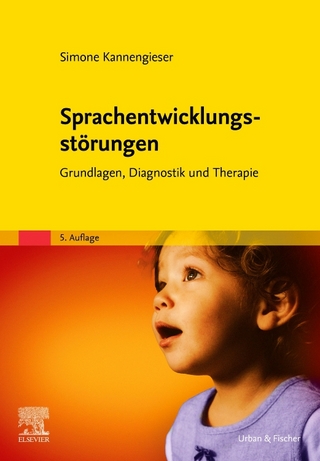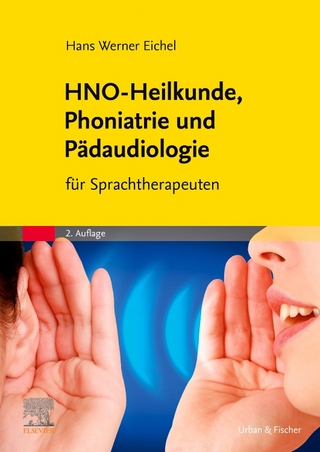
MCI and Alzheimer's Dementia
Plural Publishing Inc (Verlag)
978-1-59756-518-9 (ISBN)
It is written by individuals who have had decades of funding to study the cognitive-communication disorders of dementia and who have developed standardized tests that are widely used by SLPs. It is smaller than a text and larger than a book chapter and thus provides an economical way to learn the clinical essentials of this, the profession's fastest growing clinical population. MCI and Alzheimer's Dementia: Clinical Essentials for Assessment and Treatment of Cognitive-Communication Disorders is a must have for clinicians and students working with the ever-expanding population of patients struggling with MCI and Alzheimer's disease.
Kathryn Bayles, Ph.D., is an internationally known expert on the cognitive-communicative disorders of dementia. Now Professor-Emerita at the University of Arizona, Dr. Bayles has served as Department Head of Speech, Language and Hearing Sciences and Associate Director for the National Center for Neurogenic Communication Disorders. Her research has received support from the National Institutes on Aging, Mental Health, Deafness and Other Communication Disorders, the Alzheimer's Association and the Robert Wood Johnson and Andrus Foundations. She is a Fellow in the American Speech-Language-Hearing Association and Honors recipient and a Past President of the Academy of Neurologic Communication Disorders and Sciences. Cheryl Tomoeda, M.S., is Associate Director of Development for the University of Arizona College of Science after a 22-year career in the Department of Speech, Language, and Hearing Sciences. She is known for her work with Dr. Kathryn Bayles on the communication abilities of individuals with dementia. The two have collaborated on three other books, and co-authored two standardized tests for evaluating the cognitive-communication disorders of dementia, and conducted research on this topic for over 20 years.
Introduction Definition and discussion of the dementia syndrome and its significance in terms of prevalence and cost. MCI Defined Explanation of MCI, its various forms, the recently revised diagnostic criteria established by the NIH and the Alzheimer's Association, information about rate of conversion to AD, and a review of early changes in language and cognition. Alzheimer's Dementia Defined Diagnostic criteria, neuropathology, risk factors, effects on cognition and communication by stage of disease, and samples of the language of affected individuals by stage of disease. Assessment of MCI and AD The process of assessment, reviews of commonly used tests and severity measures, recommendations on tests for screening and comprehensive assessment, and differential diagnosis. Rationale for intervention Evidence from cognitive science for the involvement of SLPs in identifying individuals with MCI and AD and treating them directly and indirectly through caregiver counseling to sustain, improve, and/or maximize functioning. Treatment of MCI Options SLPs have for helping clients sustain function, including cognitive wellness programs. Direct Treatment of AD Treatment guidelines and evidence-based techniques for facilitating learning and information retrieval. Indirect Treatment of AD Modifications that SLPs can recommend and oversee regarding the physical and linguistic environment that will enable affected individuals to function at their highest level of ability. Specific recommendations are included about how to communicate with affected individuals and how to improve their ability to comprehend and express language.
| Erscheint lt. Verlag | 31.10.2013 |
|---|---|
| Zusatzinfo | illustrations |
| Verlagsort | San Diego |
| Sprache | englisch |
| Maße | 152 x 229 mm |
| Gewicht | 318 g |
| Themenwelt | Medizin / Pharmazie ► Gesundheitsfachberufe ► Logopädie |
| Medizin / Pharmazie ► Medizinische Fachgebiete ► Geriatrie | |
| ISBN-10 | 1-59756-518-0 / 1597565180 |
| ISBN-13 | 978-1-59756-518-9 / 9781597565189 |
| Zustand | Neuware |
| Haben Sie eine Frage zum Produkt? |
aus dem Bereich


